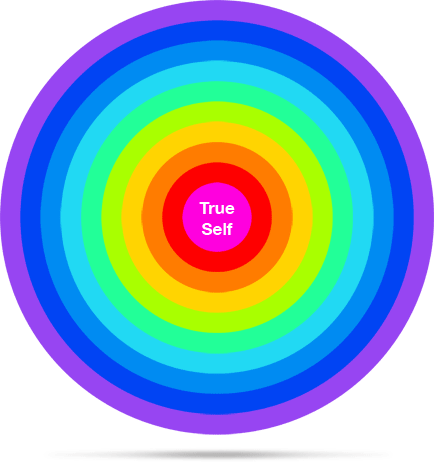
Its more than a line from a Black-Eyed Peas song. It’s something most of us do daily whether we are conscious of it or not.
Most of us switch up the way we speak to different groups like parents, co-workers and friends. The complexity of words we use at work differs from those we use at a ball game with friends. Is it a phony put-on to change your patterns of speech and vocabulary according to where you are and who you’re with?
When I go down south to visit my parents, I instantly pick up a lazy drawl and start saying “y’all” a lot. Back in New Jersey the drawl disappears, the cadence of my speech dramatically speeds up and a “yous guys” may escape my lips when I’m chillin’ with my friends.
The practice of moving back and forth between two languages or between two dialects or registers of the same language is known as Code Switching. Extrapolate this linguistic term into our world of multiple cultures and ethnicities and you see our communication style shift depending on where and with whom we are speaking.
When President Barack Obama replied, “nah, we straight” to the cashier in an eatery in a black D.C. neighborhood, was it an insincere attempt to fit in the ‘hood?
Is it wrong to attempt to fit in with a group or do people who can easily code switch have an advantage over those who cannot? Isn’t this just another form of fluency that allows us to navigate between cultures and social structures? Isn’t this switch up what gives our language, no matter where we live, its color and vive?
President Obama was being true to himself. Like all of us, there are many versions of his “self” and each one has its own language and pattern of speech.
Not phoniness, but a valuable skill, Code Switching in this context is really a display of respect and an attempt to connect with other people.
Isn’t that truly what language is all about?
Sherry Dineen
